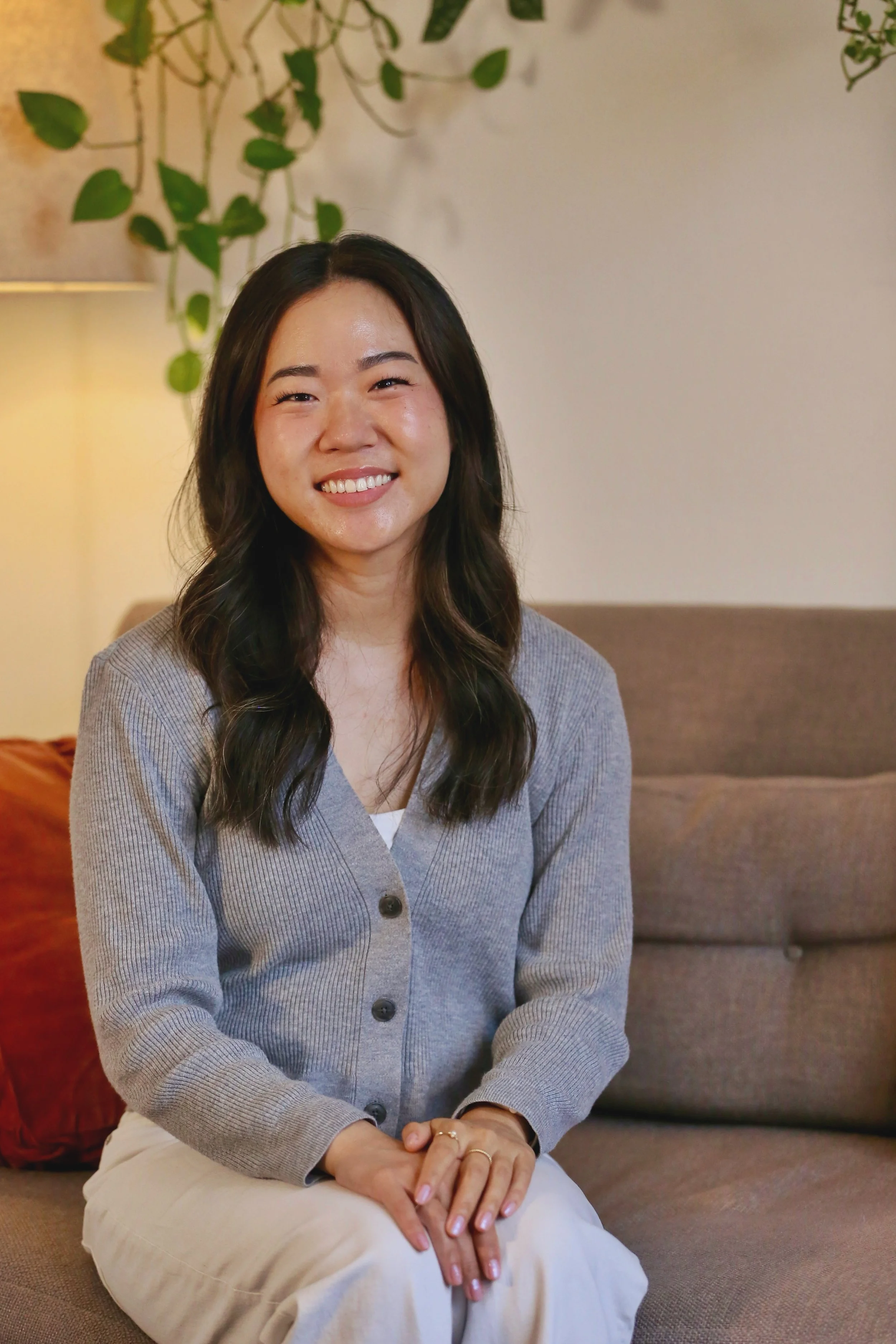Understanding Sleep Struggles in Neurodivergent Teens
Sleep is crucial for the body to repair itself. More specifically, in terms of cognition, sleep resets our mood, supports memory consolidation, strengthens executive functioning, and helps us process and filter incoming sensory and auditory information. It’s recommended that the average teenager get about 8–10 hours of sleep each night. But for neurodivergent teens, sleep can be far more elusive. They are more likely to experience delayed sleep phase syndrome, circadian rhythm disruptions, and insomnia. In fact, up to 83% of individuals with ADHD experience sleep disturbances. Teens with ADHD or autism are also more likely to experience co-occurring conditions that impact sleep—such as anxiety and PTSD—compared to their neurotypical peers. When teens don’t get enough rest, it can affect nearly every area of their lives, including academics, social interactions, and daily enjoyment. It can also create stress at home, often straining the parent-teen relationship. Needless to say, a sleep-deprived teen can be challenging to support, but better understanding the reasons behind these struggles can lead to more empathy and more effective strategies.
For many neurodivergent teens, daytime is a cacophony of sounds, stimulation, and neurotypical societal demands. On the other hand, nighttime may be the only time they feel calm, in control, and able to focus. It offers a sense of privacy and autonomy, and a time when they aren’t being watched, judged, or expected to perform. Night is also when some of their peers, especially other neurodivergent teens, are most active. This can make nighttime a prime time to socialize within neurodivergent or “neurokin” communities. Additionally, many neurodivergent teens struggle with transitions, including the transition to bedtime. Sleep itself may feel like a demand, something that triggers resistance or anxiety. They may become hyper-focused on a task or special interest and struggle to stop and transition to sleep. Additionally, sensory sensitivities can intensify at night. Sounds, lights, or textures that go unnoticed during the day may become heightened when things are quiet.
Especially for a neurodivergent teen with PDA (Pathological Demand Avoidance), collaboration and giving them autonomy over their decisions is key. An external demand could be even more challenging to comply with than one that comes from within a teen’s control.
Discussing sleep chronotypes can help acknowledge and accept natural differences in circadian rhythms. This conversation can also be a great opportunity to explore when your teen’s energy levels are highest and lowest throughout the day.
Help your teen co-create a bedtime routine and develop sleep hygiene habits. This might include a visual schedule posted on the wall or a structure outlined in their planner. Work together to choose a consistent wake-up and bedtime—ideally one that can also be maintained on weekends. For some teens, the bedtime routine may need to begin earlier in the day and happen in gradual phases. Agree on a reasonable time to put away electronics, and discuss calming activities that can support a smoother wind-down process.
Reduce barriers related to executive functioning by helping your teen prepare for the next day in advance. For example, pack their school bag the night before and place it in a designated spot, such as by the door. Talk about simple breakfast options that are easy to grab and go. You can also explore motivators for waking up earlier, like avoiding a rushed morning or feeling less stressed at the start of the day.
Adjust the sleep environment to meet your teen’s sensory needs as best as possible. This might include installing blackout curtains, trimming tree branches that tap against the window, repairing squeaky pipes, or allowing your teen to use white noise or calming music at night. Discuss which textures feel most comfortable for them when selecting pajamas and bedding. Consider using a light alarm clock that simulates sunrise, offering a gentler alternative to a traditional phone alarm.
Collaborate with a trusted primary care provider to rule out any underlying medical conditions or sleep disorders, and use medication if needed. In some cases, consulting with a sleep specialist or exploring evidence-based therapies, such as CBT-I (Cognitive Behavioral Therapy for Insomnia), may be helpful.
Finally, Brainspotting can effectively treat insomnia by addressing underlying issues such as emotional dysregulation, trauma, anxiety, and depression. It can also help individuals process anticipatory or performance anxiety related to falling asleep.
Start Working With a Teen Therapist in Los Angeles, CA
If you are a teenager or know a teenager who could use support through this vulnerable development period of social development, Therapy on Fig offers specialized Adolescent Therapy in Los Angeles, CA, to help you navigate this chapter more gracefully. Our therapists are experienced in providing compassionate and effective therapy to support you through these transformational times. We offer a safe space to explore your feelings, process your experiences, and work towards healthy self-expression and exploration. Our trauma-informed approach ensures you receive the support you need to navigate whatever may arise. Let us support you on your journey to being unashamedly you by following the steps below:
Reach out to schedule a free consultation.
Speak with a caring adolescent therapist.
Better understand this complex developmental period and learn tools for regulating your emotions and communicating your needs more effectively with your parent or teen.
Other Services Offered at Therapy on Fig
At Therapy on Fig, we offer therapy services that fit the unique needs of teens, adults, and couples. In addition to Teen Therapy in Highland Park, CA, we also offer Neurodivergent Affirming Therapy, Therapy for Empaths, Trauma Therapy, Grief and Loss Therapy, and Couples Therapy. We also address related issues such as anxiety, stress management, self-esteem, and relationship issues. Whether you're seeking support for a specific issue or looking to strengthen your relationship overall, our therapists are here to help. Reach out today to learn more about our services and to begin your path to healing, agency, and peace.
Rachel Kwon is a Licensed Marriage and Family Therapist (LMFT #144798). She integrates Internal Family Systems (IFS), Brainspotting, and CBT techniques to help her clients access healing from the inside out. Her work makes space for her clients' pain, resilience, and the unspoken wounds and generational gifts they carry forward. Reach out to learn more about our experienced therapists.




